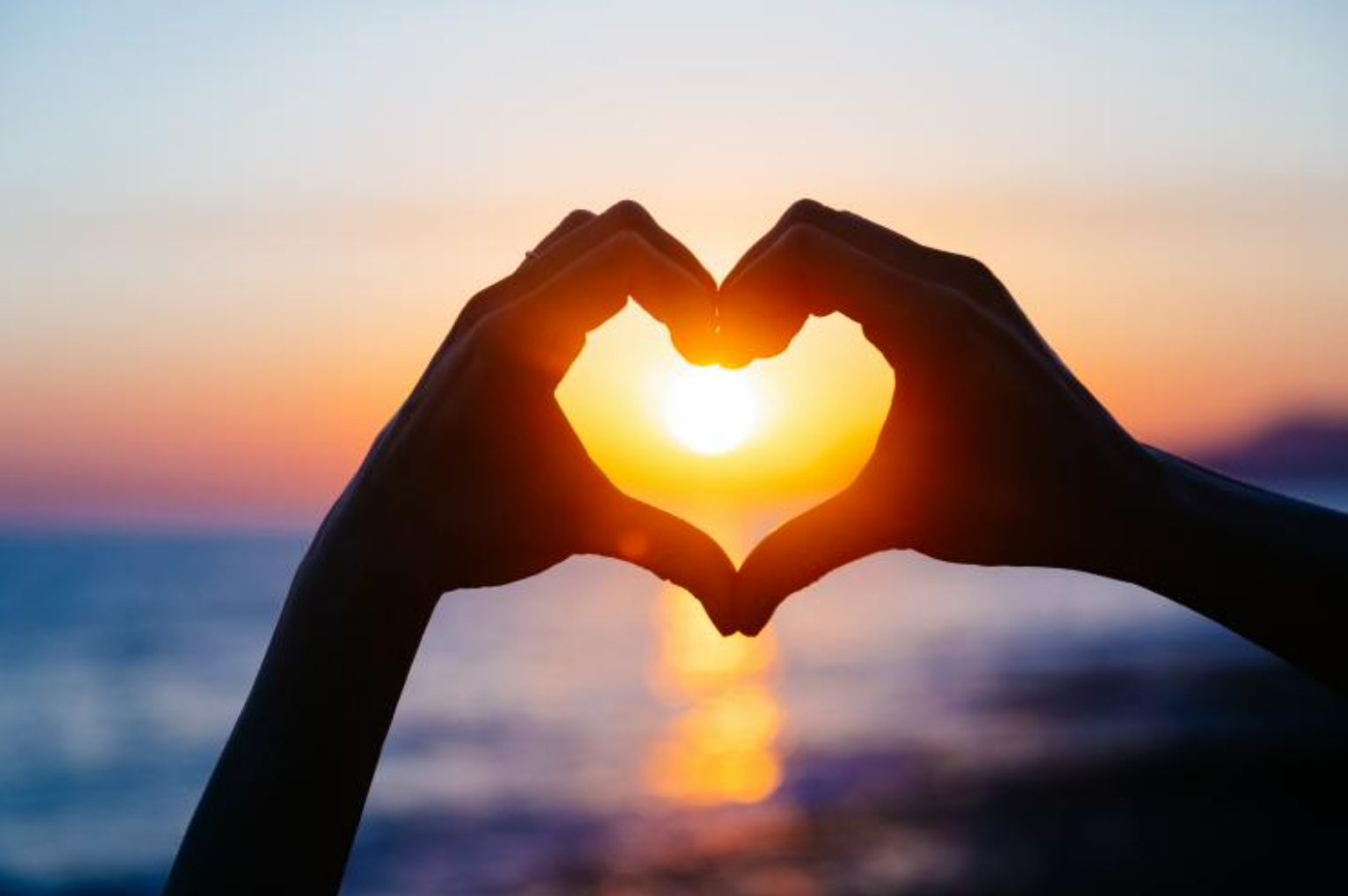

Valentine’s Day is here. It’s a time filled with heart-shaped chocolates, dinner reservations, and an avalanche of rom-coms. But beyond the flowers and grand gestures, what really makes love last? Science tells us that love isn’t just a feeling—it is a complex mix of psychology, chemistry, and behavior!
So, whether you’re celebrating with a partner, or your friends, or practicing well-deserved self-love, let’s dive into what makes relationships work (according to psychology, not just fairy tales!).
Ever wonder why falling in love feels so exhilarating? It’s not just butterflies—it’s dopamine! This “feel-good” chemical floods our brain in the early stages of love, creating that euphoric, can’t-stop-thinking-about-them feeling. Oxytocin, aka the “bonding hormone” also plays a huge role in deepening connection over time.
But here’s the catch- this honeymoon phase doesn’t last forever. And that’s a good thing! Love evolves from passionate intensity to something deeper: commitment, trust, and companionship.
Psychologists have studied relationships for decades, and one thing is clear—lasting love isn’t just about romance; it’s about emotional safety. Dr. John Gottman, a leading relationship researcher, found that couples who thrive do four key things:
Instead of dismissing or ignoring bids for attention (“Hey, look at this funny meme!”), they engage, showing they value their partner. In small moments—whether responding to a text, laughing at a joke, or offering support—healthy couples consistently choose connection over disconnection.
All couples fight—but it’s how they fight that matters. Healthy couples avoid blame, listen actively, and express their needs without criticism or defensiveness.
The strongest relationships feel like a team. Couples who laugh together, share interests, and genuinely like each other’s company build stronger connections over time.
Instead of blaming or criticizing, they express their feelings clearly and listen with empathy. Conflict is inevitable, but how couples handle it matters.
Valentine’s Day often focuses on romantic love, but let’s not forget self-love and platonic love—both equally important for mental well-being. Friendships, family connections, and even the way we treat ourselves shape our emotional health.
Try this: This Valentine’s Day, do something that fills your own cup. Write yourself a love letter, spend time with someone who lifts you up, or simply practice self-compassion.
Love should never come at the cost of your mental health. If a relationship (romantic or not) is making you feel anxious, drained, or unworthy, it may be time to set boundaries or seek support. True love, whether from a partner, friend, or family member, should make you feel safe, respected, and valued.
If you’re struggling in a relationship or want to work on strengthening your emotional connections, therapy can help. Understanding attachment styles, communication patterns, and emotional needs can transform how we love and connect.
If you have ever wondered why you crave closeness, fear commitment, or struggle with trust, the answer may lie in your attachment style—a psychological framework that explains how we connect with others based on our early relationships with caregivers.
People with a secure attachment style feel comfortable with intimacy and independence. They trust their partners and communicate their needs effectively.💙
Those with anxious attachment crave closeness but often feel insecure, fearing abandonment or rejection. They may seek constant reassurance.💔
People with avoidant attachment value independence and may struggle with emotional vulnerability. They might withdraw when relationships get too intimate.🚪
A mix of anxious and avoidant styles, this pattern can create intense emotional highs and lows, making relationships feel unpredictable.⚡
The good news? Attachment styles aren’t permanent. With self-awareness, communication, and sometimes therapy, people can move toward secure, fulfilling relationships.
At the end of the day, love isn’t just a feeling, it’s a choice. A choice to show up, be kind, communicate, and invest in our relationships. Whether you’re in a relationship, single, or focusing on self-growth, remember: love is a journey, not a destination.
If you’re looking for support in navigating relationships, attachment, or self-love, our therapists at Journey Counselling are here to help! Reach out to us at 403-619-5354.